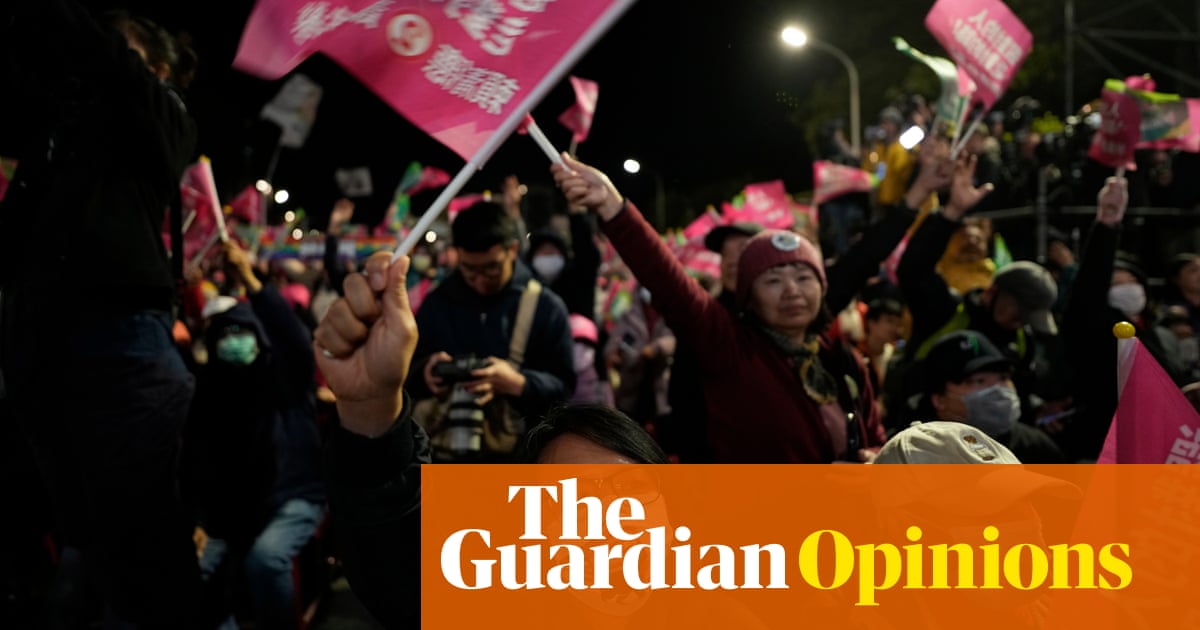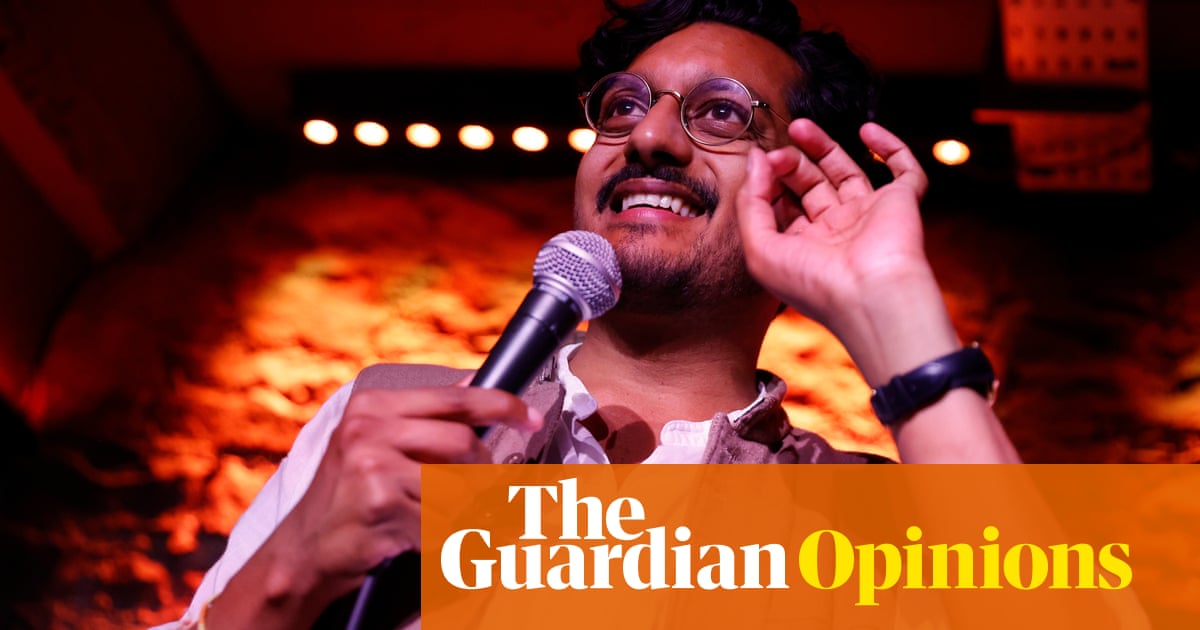
Kais Saied will assume office next week as the 6th president of Tunisia, much to the joy of the young people who backed him overwhelmingly. His unorthodox style, accessibility and frugality inspired an exhausted, apathetic citizenry seeking momentum in the resolution of longstanding issues such as corruption, high unemployment, a stagnant economy and the glacial pace of political decentralization.
The constitutional conservative Saied and the scandal-ridden media mogu Nabil Karoui were both outsiders, but it was Saied’s anti-corruption message and down-to-earth profile that won the election. It gave young Tunisians a chance to place an ally in a position of power to defend their ideals and redirect national dialogue to better address their needs. Saied’s victory was well-received, with some remarking that they resembled the celebrations that erupted after the fall of the Ben Ali regime. However, it is a little too soon to breathe a sigh of relief.
First, the president’s role is mostly centered on security and diplomacy, while his anti-corruption zeal and promotion of social justice would be the purview of the prime minister. It is not clear how the Islamist Ennahda Party, which holds most seats but not a decisive majority in Tunisia’s Assembly, will set about forming a coalition government, let alone with whom, and whether that will force a change in the legislative agenda. Fortunately for Saied, Ennahda and other liberal parties either support him or have similar goals. The trouble is ensuring a crack-resistant legislative majority that can work closely with Saied.
In foreign policy, the new president still lacks a clear roadmap for the diplomats already handling Tunisia’s chairmanship of the Arab League and EU trade negotiations. French President Emmanuel Macron has already expressed interest in expanded ties but Saied is likely to insist on outcomes that favor Tunisians more than simply putting his signature on any deal. This necessitates amendments to foreign investment laws in order to sustainably increase inflows, and expanding employment opportunities for the educated jobless.
The economy is not part of the president’s portfolio, but his popularity, born partly out of his calls for social and economic justice, lend him sufficient heft to influence government policy away from punishing austerity toward more welfare. However, that could run foul of the outgoing Chahed government’s deal with the IMF that required Tunisia to impose austerity by reining in public expenditures. The consequences of that could affect all other stimulus programs and substantially hamstring efforts to jumpstart Tunisia’s economy, an absolute necessity for achieving campaign goals and maintaining youth engagement. Failure to do so would send Tunisia’s youth back on to the streets and increase the number of boats headed toward Europe, along with the number of tragedies on this perilous journey.
A disaffected populace also makes for a troubling security situation since the desperate and vulnerable are ripe targets for radicalization, online or otherwise. Already, thousands of Tunisians joined Daesh ranks and the worsening situation in Syria is likely to see some return and possibly recruit or radicalize others. Overall, the security situation has improved somewhat since the attacks in 2015 but the country still maintains a state of emergency and security forces are still vulnerable to persistent assaults. This year, a suicide attack claimed two lives in the capital, Tunis, reminding all that the specter of violence retains a grip on a democracy still finding its feet.
Saied’s anti-terrorism ideas revolve around increased education and improved access to water, sanitation and health care as tools to neutralize the poison of radicalization and immunize young people against extremism. Unfortunately, while security is certainly in his purview, improving access or quality of education, sanitation and health care is not. He will have a far better chance reforming law enforcement, to eliminate its ties to, and support of, the Ben Ali regime.
Given the sweeping overhauls Saied has directly or tacitly called for, Carthage Palace is probably going to find itself at odds with a legislative assembly filled with independents and disparate political voices. Establishment parties were roundly trounced and no political party holds more than a quarter of the Assembly’s 217 seats. Any coalition government to emerge from this could possibly feature a quixotic bunch of secularists, moderate Islamists, social democrats and, surprisingly, Ben Ali loyalists.
The mix of establishmentarians and political outsiders is likely to frown on Saied’s calls for radical decentralization, i.e. replacing the party system with direct democracy-style local councils. Such a lofty goal is unlikely to pass muster because no legislative chamber in its right mind will vote for its own dissolution. In fact, even though political decentralization was a key goal of the 2011 revolution, there has been no political will whatsoever to achieve that goal in full. Despite campaign promises, there is just no appetite for power sharing as evident from the difficulties surrounding forming a simple coalition government.
As jubilant as Saied"s backers are, the next phase is actually the most difficult part — holding elected officials to account. True democracy on its own is fleeting as it can be defined in whichever way suits those in power, far from the idealism fed to the citizenry during campaigns or protests.
Democracy is always a work in progress and Tunisians should not fall asleep at the wheel after successfully muscling their way back into the driving seat. Voting is just a start, the real work is now ensuring that Saied and whichever coalition emerges from the Assembly actually work toward the promises they made. Truly, elections do have consequences and Tunisians must ensure those consequences deliver positives that long eluded them after 2011.
Hafed Al-Ghwell is a non-resident senior fellow with the Foreign Policy Institute at the John Hopkins University School of Advanced International Studies. He is also senior adviser at the international economic consultancy Maxwell Stamp and at the geopolitical risk advisory firm Oxford Analytica, a member of the Strategic Advisory Solutions International Group in Washington DC and a former adviser to the board of the World Bank Group. Twitter: @HafedAlGhwell












